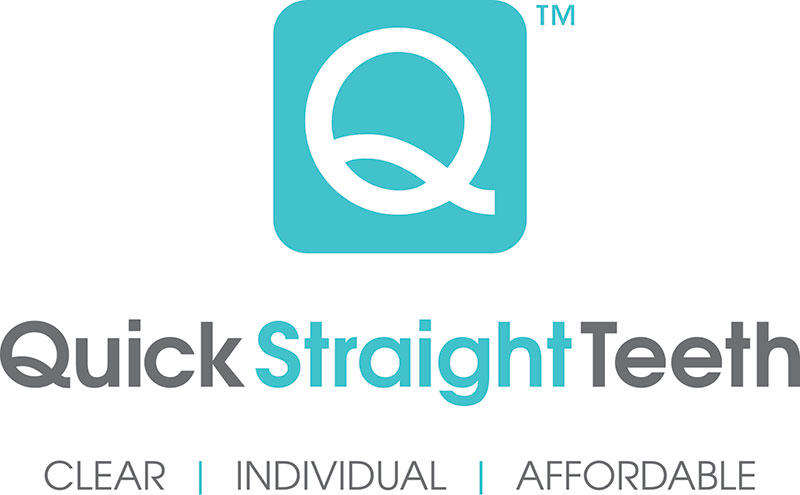Can You Get Braces with Dental Implants?

Yes, you can get braces even if you have dental implants — but treatment needs to be carefully planned.
While dental implants themselves are fixed and don’t move like natural teeth, orthodontic treatment can still be used to shift the surrounding teeth into better alignment. In some cases, a combination of orthodontics and implant planning offers the most functional and aesthetic outcome.
At Oldbury Smile Spa, we offer bespoke treatment plans that integrate both braces and implants — whether you already have implants or are considering both options together.
Table of Contents
Why Dental Implants Don’t Move with Braces
Dental implants are made of titanium and surgically placed into the jawbone. Once healed, the implant fuses with the bone (a process known as osseointegration), creating a solid, immovable foundation for a replacement tooth.
Unlike natural teeth, which are held in place by periodontal ligaments and can be gradually shifted with orthodontic force, implants are fixed and immobile.
Orthodontic Treatment Scenarios Involving Implants
Every patient is different, but here are the most common cases we treat:
Scenario 1: You Already Have Dental Implants and Now Want Braces
This is a common situation. Perhaps you had a tooth replaced years ago but now want to straighten your remaining teeth for aesthetic or functional reasons.
Can braces still work? Yes — with modified planning.
- Your implant stays where it is.
- Braces are placed on your natural teeth and move them around the implant.
- If the implant is in an ideal position, it may not interfere at all.
- If it’s misaligned, your orthodontist will plan movement around it or explore restorative alternatives.
Tools like Invisalign or segmental braces can be used to focus movement only on selected teeth, leaving the implant untouched.
Scenario 2: You’re Considering Braces and Know You’ll Need an Implant
This is the ideal timing.
If you’re missing a tooth and know you’ll need an implant later, we always recommend completing orthodontic treatment first.
- Braces are used to align your bite, close or open space and ensure there’s an ideal gap for the implant.
- After the teeth are in the correct position, the implant is placed precisely for long-term function and aesthetics.
This sequence allows for the best possible implant placement and results.
Scenario 3: You Need Both Braces and Implants as Part of Full-Mouth Rehabilitation
In more complex cases — such as after trauma, multiple missing teeth, or congenital issues — a combined treatment plan may involve:
- Braces to align natural teeth
- Bone grafting to prepare for implants
- Implant placement at the right time in the treatment journey
- Crowns or bridges for aesthetic finish
In more complex cases — such as after trauma, multiple missing teeth, or congenital issues — a combined treatment plan may involve:
- Braces to align natural teeth
- Bone grafting to prepare for implants
- Implant placement at the right time in the treatment journey
- Crowns or bridges for aesthetic finish
This type of care requires a multi-disciplinary approach — one we deliver routinely at Oldbury Smile Spa using advanced diagnostics and treatment planning software.
Can You Use Invisalign If You Have Implants?

Yes. Invisalign and other clear aligners are often a great option for patients with implants.
Because Invisalign is custom-designed using 3D scans, it can be programmed to move only the teeth that need adjusting, while completely avoiding the implant.
This offers precise control and is less invasive than traditional brackets, making it ideal for adults with existing dental work.
Things We Consider When Planning Braces with Implants
Every patient undergoes a detailed evaluation before treatment:
Implant location
Front teeth? Molars? This affects movement strategies.
Implant age
Recently placed implants need to be fully healed and stable.
Alignment goals
Are you correcting crowding, bite issues, or just aesthetics?
Bone level and gum health
Key for both braces and implant longevity.
Prosthetic type
Are you using a crown, bridge, or denture on the implant?
Our planning always includes advanced 3D scanning and digital simulations to visualise the outcome before treatment begins.
Orthodontic Options if You Have Dental Implants
Depending on your case, we may recommend:
- Fixed metal or ceramic braces (modular or full arch)
- Clear aligners like Invisalign® (ideal for aesthetic goals)
- Segmental orthodontics (targeted braces only on specific teeth)
- Combined restorative treatment (orthodontics + implant revision if needed)
We’ll always discuss your goals, timelines and budget before recommending a plan.
Important Considerations
- Braces won’t move implants, so spacing needs to be planned accordingly.
- Not all cases are straightforward — older implants placed in misaligned positions may need restorative adjustments.
- Aesthetic enhancements like whitening or new crowns may follow after orthodontic work.
- Timing matters — we may coordinate treatment over several months to ensure predictable results.
Conclusion: Braces and Implants Can Work Together — With the Right Plan
Yes, you can absolutely get braces with dental implants — as long as the treatment is carefully planned and personalised to your situation.
Whether you have one implant or several, our team at Oldbury Smile Spa works closely with orthodontic and implant specialists to build a treatment path that delivers a straighter, healthier and more confident smile.











